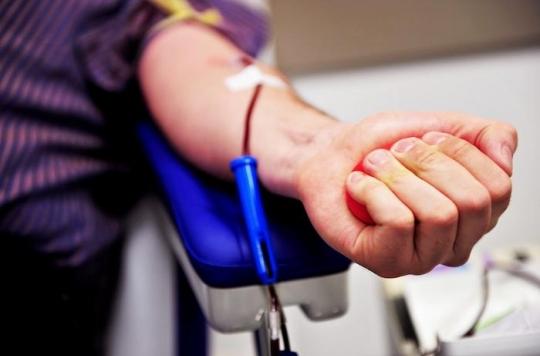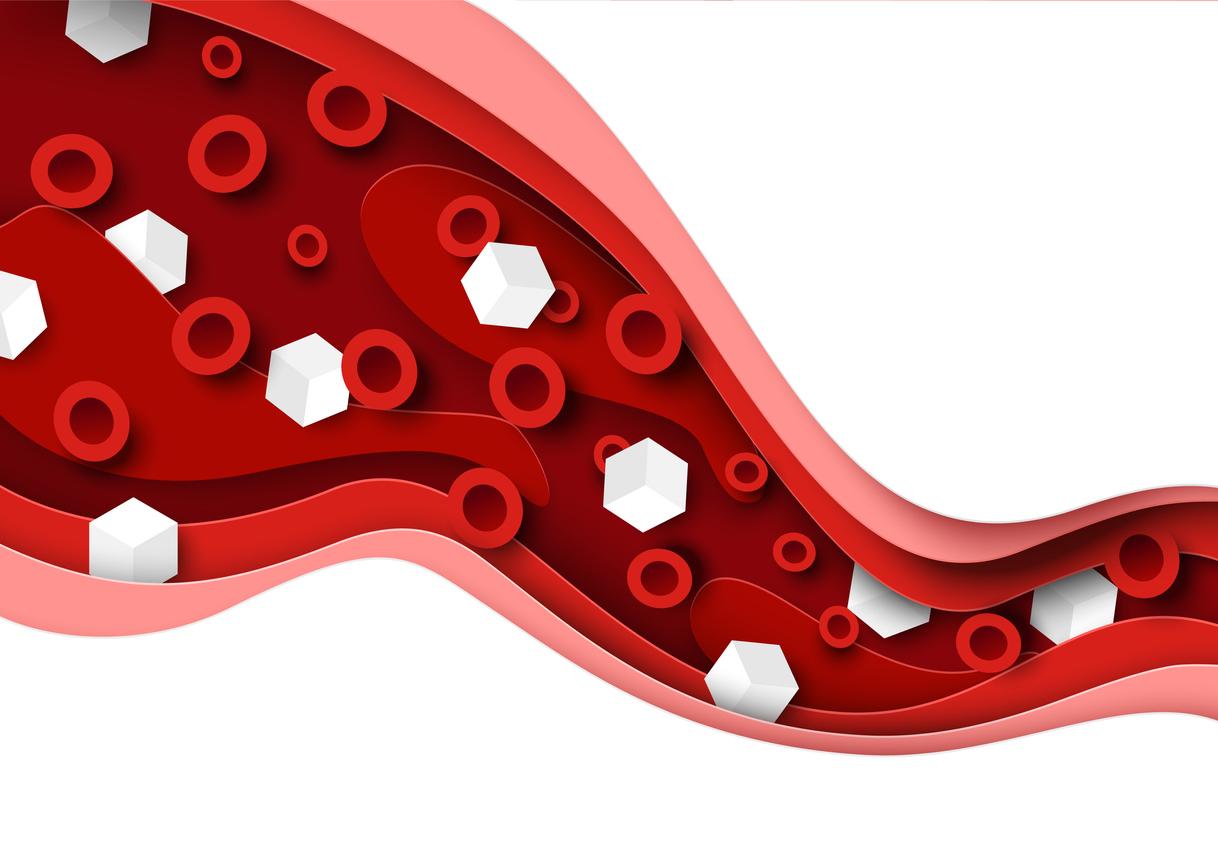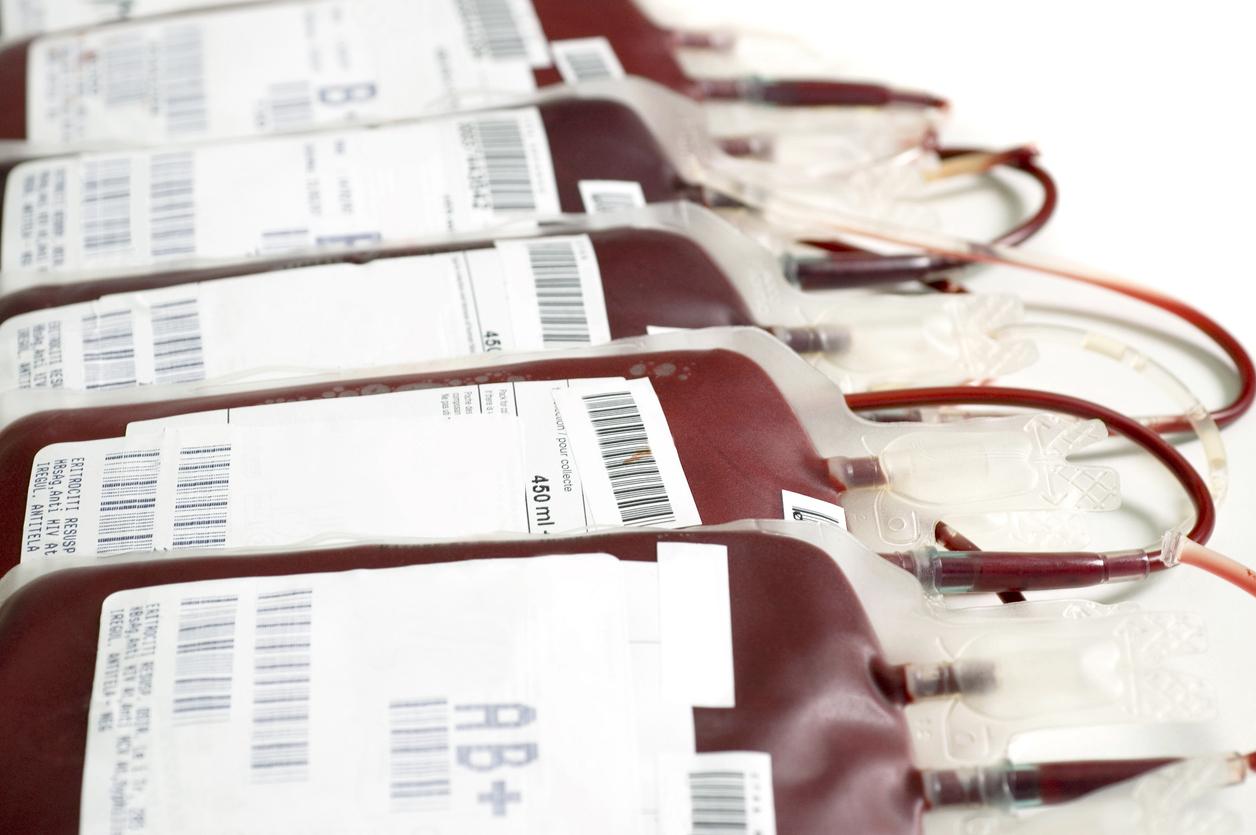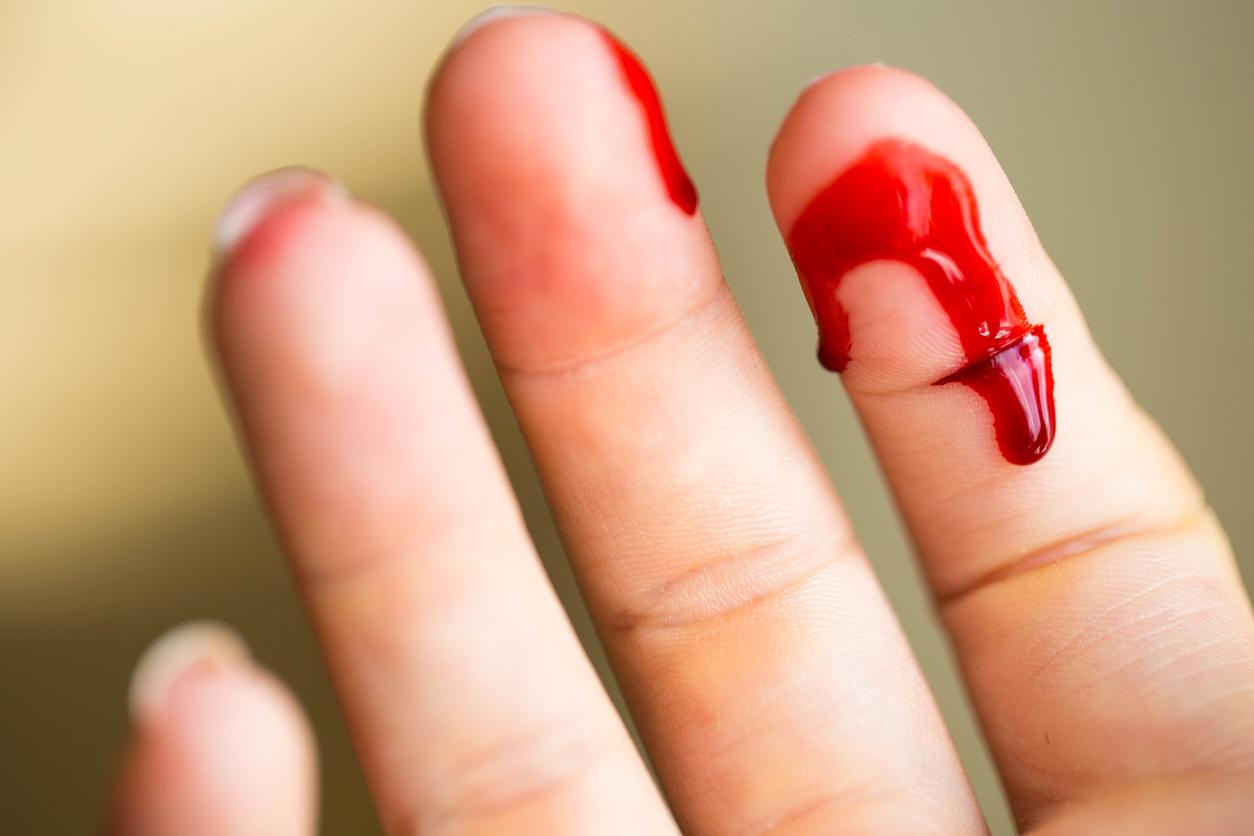The opening of blood donation to homosexual men does not increase the risk of HIV transmission by transfusion, even if certain contraindications are not always strictly observed.

The opening of blood donation in 2016 to gay men does not increase the risk of HIV transmission by transfusion, according to a new investigation of Public Health France, the French Blood Establishment (EFS) and the Armed Forces Blood Transfusion Center (CTSA). These results bring new elements to the public authorities, with a view to considering a wider opening of blood donation to homosexuals.
One undetected positive HIV donation out of 5.2 million donations
Since July 10, 2016, the selection criteria for blood donors have been modified and in particular give the possibility to men who have sex with other men (MSM) to donate blood. But unlike other donors, they must not have had sex between men in the last 12 months preceding their donation.
The risk of HIV transmission by blood transfusion remained stable, at a very low level, before and after the opening of blood donation to homosexuals. The risk is estimated, over the period 2015-2017, at one undetected positive HIV donation out of 5.2 million donations.
Contraindications are not strictly observed
To assess compliance with and understanding of donor selection criteria, Public Health France conducted the Complidon survey, to which nearly 110,000 blood donors responded. The results indicate that the current contraindications to blood donation are not always strictly respected. Thus, among the men, 0.73% declared having had sex between men during the last 12 months, without having indicated it before the donation.
Of the men, only 0.56% said in the survey that they had had sex with men in the four months prior to their donation. Additionally, among men who had had sex with men in the past 12 months, one in two (46%) said they would have reported it during the pre-donation interview if the length of deferment had been shorter.
10,000 blood donations are needed every day
“10,000 blood donations are needed every day to meet the needs of patients and no product can replace the blood of voluntary donors”, indicated last July the French Blood Establishment (EFS), recalling that the lifespan blood products is short (5 days for platelets, 42 days for red blood cells), and that “every donation counts”, even during the holidays.
To donate blood, you must be between 18 and 70 years old, weigh more than 50 kg and be recognized as fit during the interview preceding the donation. After age 60, the first donation is subject to the assessment of an EFS doctor. More specifically, men can donate blood up to 6 times a year and women up to 4 times, but a minimum of 8 weeks must be respected between two donations. The contraindications related to acts of care, a state of health, stays abroad or the taking of certain drugs and antibiotics are listed on the website of theDFS.

.














